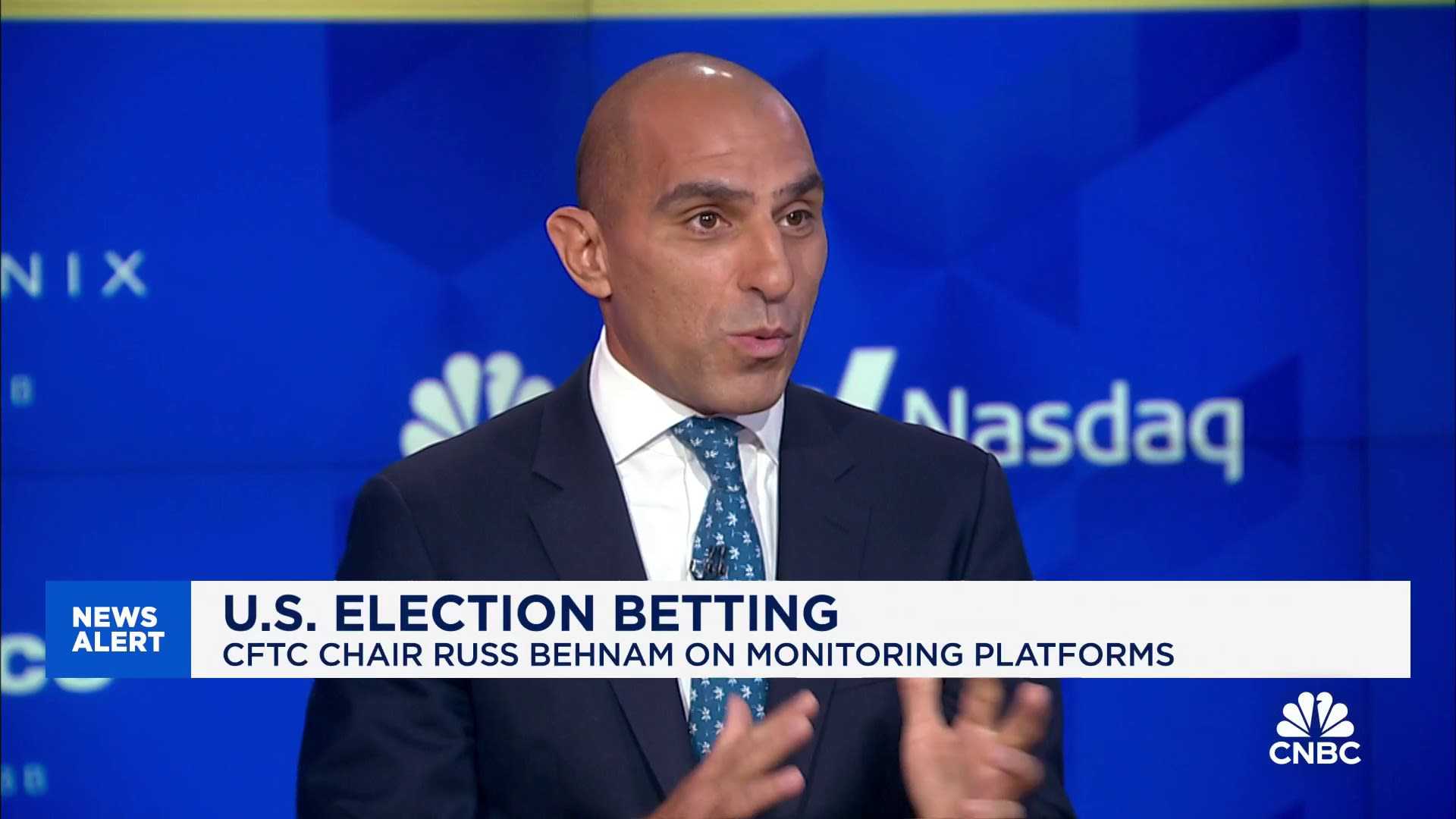Business
CFTC Withdraws Appeal on Election Betting Ruling, Kalshi Celebrates

WASHINGTON, D.C. — The Commodity Futures Trading Commission (CFTC) announced Monday that it has withdrawn its appeal against a federal judge’s ruling allowing Kalshi, a commodities exchange, to accept bets on the outcomes of U.S. elections. The CFTC’s decision came after a voluntary agreement was reached with Kalshi.
A spokesman for the CFTC confirmed to CNBC that the commission had voted to seek the dismissal of the appeals. According to the agreement, both parties will cover their own legal costs, and Kalshi will waive all legal claims arising from the litigation.
Kalshi CEO Tarek Mansour expressed pride in the outcome, stating, “Today is historic. We have always believed that doing things the right way, no matter how hard, no matter how painful, pays off. This result is proof of that. Kalshi’s approach has officially and definitively secured the future of prediction markets in America.”
The company has previously named Donald Trump Jr., the eldest son of former President Donald Trump, as a strategic advisor. Kalshi’s list of event contracts currently includes betting options on who will be the Republican and Democratic presidential nominees in 2028, which party will win the Senate race in Georgia, and who will be the Republican governor nominee for Ohio.
The CFTC’s appeal had followed a September ruling by U.S. District Judge Jia Cobb, who found that Congress had not authorized the agency to conduct a public interest review leading to the prohibition of election-related contracts. The appeals court briefly froze Cobb’s order but later lifted the freeze, allowing Kalshi to proceed with accepting bets.
Monday’s announcement drew criticism from advocacy group Better Markets, which called the CFTC’s decision to drop the appeal a “stark betrayal of the public interest.” Stephen Hall, the group’s legal director, said, “The CFTC has just voluntarily surrendered its fight to overturn a dangerous lower court decision that allows gambling on the outcome of congressional elections.” He argued that this ruling threatens the integrity of federal elections and may lead to market manipulation.
Hall continued, saying that this decision casts the CFTC in an inappropriate role as an election supervisor, given the agency’s limited resources and expertise. He lamented that the dismissal allows the lower court decision to remain intact, setting a concerning legal precedent.












